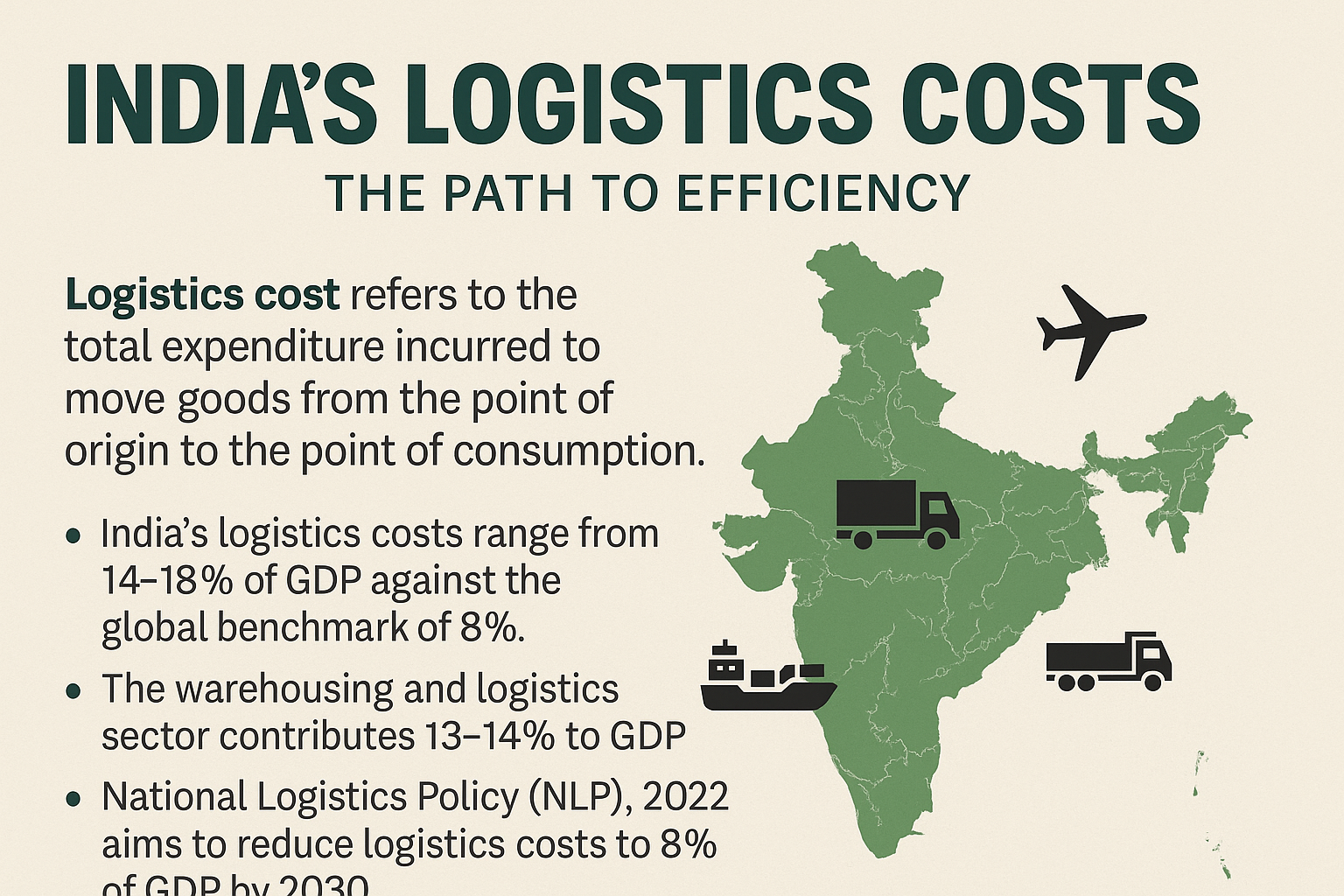151.
🌍 A Delicate Balance at Risk
Reactive Nitrogen Surge: Global Agriculture Faces Critical Environmental Challenge
📈 Current Nitrogen Contributions
Human activities now contribute 150 teragrammes (Tg) of reactive nitrogen per year — double the levels before the industrial revolution.
🔹 Agriculture and industry are the primary contributors
🔹 Livestock alone accounts for nearly one-third of global nitrogen emissions 🐄
🔹 Other major sources include synthetic fertilisers and manure 💨
🚫 Crossing Planetary Boundaries
Nitrogen flow has exceeded safe environmental limits, with acceleration observed since 2015. This shift signifies an urgent need for region-specific nitrogen policies to restore balance in ecosystems.
🔁 Nitrogen Use Efficiency (NUE)
NUE is the percentage of nitrogen inputs recovered in useful outputs (like crops).
- 📊 Improved from 40% in the 1980s to 56% in 2022
- 🌱 Crops like soybeans show high NUE
- 🍓 Fruits and vegetables tend to have lower NUE
🌐 Regional Nitrogen Pollution Hotspots
High nitrogen pollution is reported in:
- 🇺🇸 North America
- 🇪🇺 Western Europe
- 🌏 Parts of South and East Asia
These regions have long-standing fertiliser use, resulting in significant soil, air, and water pollution.
✅ Recommendations for Improvement
🧪 Fertiliser Industry: Reduce greenhouse gas emissions during production
🌿 Farmers & Agronomists: Encourage biological nitrogen fixation using legumes
🐖 Governments: Implement sustainable manure management, promote organic nitrogen sources
📜 Policy & Sustainable Practices
The report urges:
- 📍 Spatial planning for livestock redistribution
- 🔄 Promotion of circular bioeconomy practices
- 🛡️ Stronger national commitments to curb nitrogen pollution for biodiversity and climate targets
🔮 Future Projections
Without action, nitrogen emissions could quadruple to 600 Tg/year by 2100 ⚠️ — posing critical risks to our air, water, and soil.
🌱 Boosting NUE and deploying smart nitrogen strategies will be key to securing a sustainable food system and planetary health.















